April’s Child - Kiyoshi Nagata
Kiyoshi Nagata lives in Scarborough, but spends most of his time in Richmond Hill caring for his mother, or in downtown Toronto with his musician girlfriend. Besides living and breathing taiko music, Kiyoshi religiously goes to the gym each morning to work out and clear his head and prepare for each day. During the school year, he teaches taiko drumming at U of T's Faculty of Music. Kiyoshi loves drinking sake, red wine and craft beer on a nightly basis (not all three at the same time), and enjoys trying new local restaurants usually on Sunday evenings. On his off days, which are rare, his favourite things to do are to walk along Toronto Islands, or catch a small independent movie with his girlfriend.
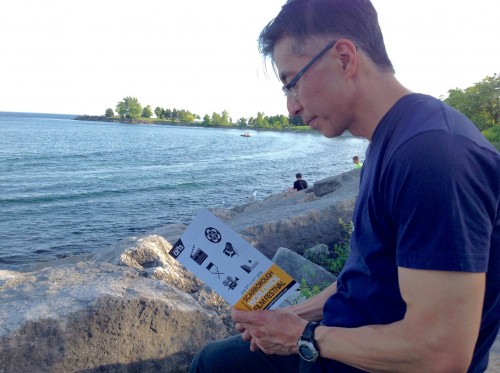 Kiyoshi Nagata is the artistic director of the taiko drum ensemble Nagata Shachu, formed in 1998. Rooted in the folk-drumming traditions of Japan the ensemble makes innovative and exciting music that continues to create a new voice for the taiko. These are physically demanding, spirited performances that feature diverse repertoire for taiko (including the massive O-Daiko drum), bamboo flutes, the three-stringed shamisen, gongs, cymbals, shakers and wood blocks.
Kiyoshi Nagata is the artistic director of the taiko drum ensemble Nagata Shachu, formed in 1998. Rooted in the folk-drumming traditions of Japan the ensemble makes innovative and exciting music that continues to create a new voice for the taiko. These are physically demanding, spirited performances that feature diverse repertoire for taiko (including the massive O-Daiko drum), bamboo flutes, the three-stringed shamisen, gongs, cymbals, shakers and wood blocks.
Nagata’s own 35-year journey includes studies in both Canada and Japan. He has taught a credit course in taiko at the University of Toronto’s Faculty of Music since 1998. He also established a public taiko course at the RCM in Toronto and is regularly invited by universities and community taiko groups to conduct workshops and present lectures, Nagata composes and performs taiko music for dance, theatre, film and radio and continues to collaborate with artists from all genres of music including traditional Japanese instrumentalists.
Born and raised in Richmond Hill, Ontario, Nagata’s father worked in the auto fleet department of Ontario Hydro and his mother was a secretary/bookkeeper. He says that his parents always listened to Japanese enka music (a popular traditional/ballad style) but his father also liked to Nat King Cole and Benny Goodman. He attended Bayview Secondary school in Richmond Hill, graduated in political science from U of T, and then moved to Japan to further his taiko training.
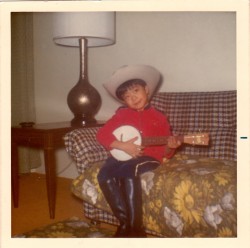 About your childhood photo…? This was definitely taken at Halloween. I guess I was a banjo-playing Mountie! I never played the banjo but it was probably the very first instrument that I ever owned. The photo reminds me of a very happy childhood with loving parents. Coming from a working-class family, we didn’t have much, but we had a lot of fun.
About your childhood photo…? This was definitely taken at Halloween. I guess I was a banjo-playing Mountie! I never played the banjo but it was probably the very first instrument that I ever owned. The photo reminds me of a very happy childhood with loving parents. Coming from a working-class family, we didn’t have much, but we had a lot of fun.
First memories of hearing music? My parents had one of those large furniture phonograph consoles that I would always play records on. I do specifically remember listening to 78 rpm records of Old MacDonald and Raindrops Keep Falling on My Head by BJ Thomas. My grandmother played the three-stringed shamisen, and my mother and three sisters did Japanese dance with it.
Where did hearing music generally fit into your life as a child? I was always listening to the radio especially 1050 CHUM (when they were still a pop station) and would set up my portable tape recorder against the speakers to record my favourite songs. In high school, vinyl was king and I had a great sound system in my room in which I would escape from the rest of the world listening to Supertramp, Rush, Led Zepplin and AC/DC! My musical tastes changed over the years, listening to more new romantic 80s music as well as attending many Toronto Symphony Orchestra concerts throughout university.
Your very first recollection of making music? I remember clearly, the first time I made music was playing the taiko drum at age 12 at the Japanese Canadian Cultural Centre. I learned a simple song called Don Doko Bayashi, which was a simple four-bar pattern repeated over and over again. It was exhilarating. Later I played tenor sax in the school band: my first music teacher in high school, Mr. Flemming, was very encouraging and kind. In fact, he tried to persuade me to audition for the National Youth Orchestra. I really enjoyed playing in the high school band where the main objective was to be unified and sound as one. This was a very appealing concept for me. When I started learning taiko, I became obsessed with the philosophy of working together to create something new, exciting and in the moment.
Do you remember an event at which you first performed for an audience? My very first performance was at Toronto’s Nathan Phillips Square in 1982 where the Japanese community held its annual Obon Festival (to honor the dead). That’s when the performing bug hit me!
Can you think of experiences that helped to form your appetite for staged performance, and for the multi-genre collaborative music which is part of what you do today? My first time seeing the Kodo drummers from Japan in the early 1980s really set the stage for me (no pun intended) to consider the possibilities of making music and performing as a career. I was entranced by the fact that these drummers were making music using their entire bodies. The combination of physical strength, spirit and musicality had a lasting impression on me. Another concert which really opened my mind was to see John Wyre’s (NEXUS) concert of World Drums. That helped me to understand the potential of making music together without the need of spoken language or a score.
Do you remember when you began to think of yourself as a career musician? When I returned from studying with the Kodo drummers in 1994, I set out to become a freelance taiko drummer. It was the first time where I actually understood that my livelihood depended on how much work I could get from performing, teaching and composing. It was a little scary, but I was young at the time and I guess a little bit fearless or naïve. I’ve never seriously considered doing anything else. In my early 40s, I felt like I reached the point of no return. I had no other skill sets besides drumming and could think of nothing else that I wanted to do.
How does teaching/mentoring fit into your current musical life? Teaching has always kept me grounded. It gets me back to the fundamentals which is so important for what I do. I very much enjoy sharing my passion and knowledge to the next generation of taiko drummers as well as recreational beginners as well!
Where music fit into your current personal life at home? After a very stressful day, there is nothing more I enjoy than coming home and playing music (anything from Sade, Van Morrison, Neil Young, David Sylvian etc) on my system while sipping a glass of red wine!
What could you say to parents hoping their young children will grow up to love and make music? Be encouraging and supportive. I could not have become the musician I am today without my parents’ help and some financial support along the way. Your child will not necessarily choose to become a professional musician, but will be much more rounded and fulfilled by learning and playing music.
If you were all ALONE (in the shower, driving) and could sing along with complete abandon to ANY recording, what would you choose? Nessun Dorma (Puccini)!
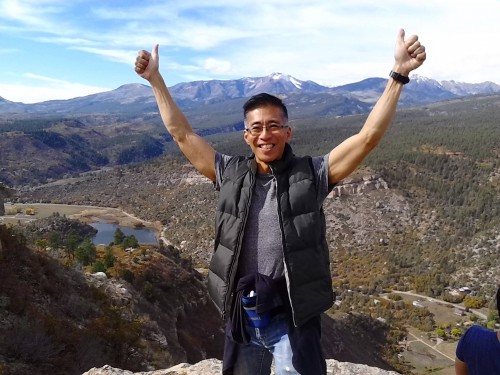 UPCOMING Nagata Shachu engagements
UPCOMING Nagata Shachu engagements
April 15, 8pm: guest artists with the Esprit Orchestra performing the Canadian premiere of Maki Ishii’s Mono-Prism for taiko and orchestra at Koerner Hall;
May 4, 7pm: performance at Toronto Public Library – Parkdale branch;
May 24, 6:30pm: performance at Toronto Public Library – Palmerston branch;
May 28, 7pm: performance at Toronto Public Library – Fairview branch;
June 2, 8pm: Harboufront Theatre Centre: Nagata Shachu’s 2017-2018 season finale concert “Shamisen X Taiko,” a collaboration with shamisen virtuoso Masahiro Nitta (Japan).


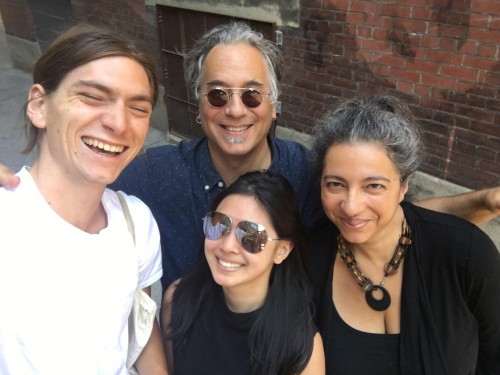
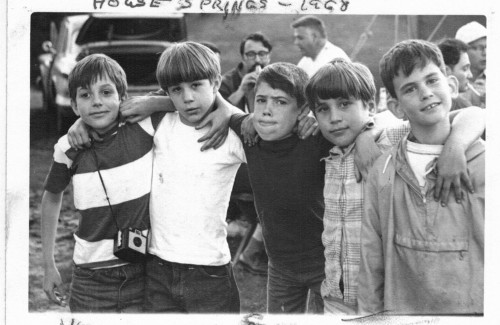
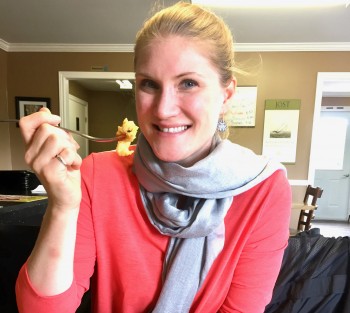
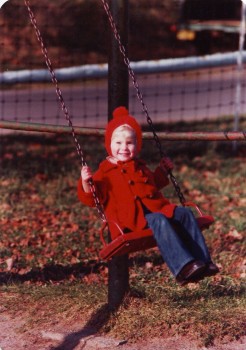
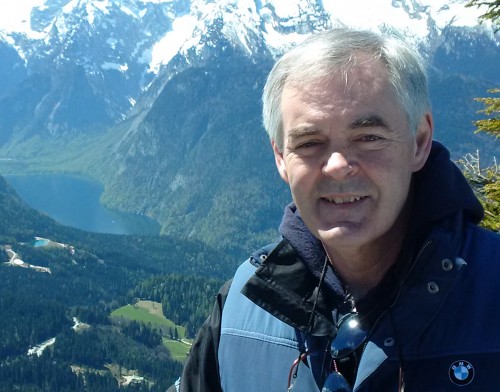
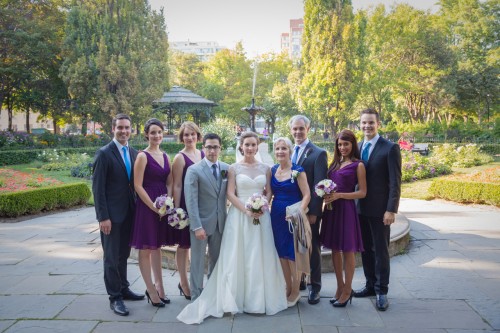
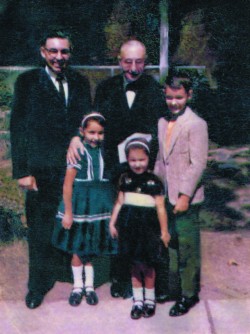


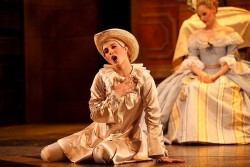
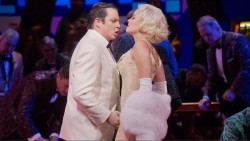
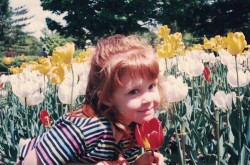
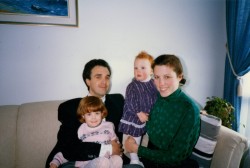
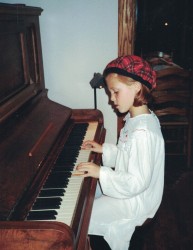
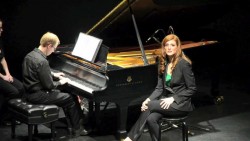

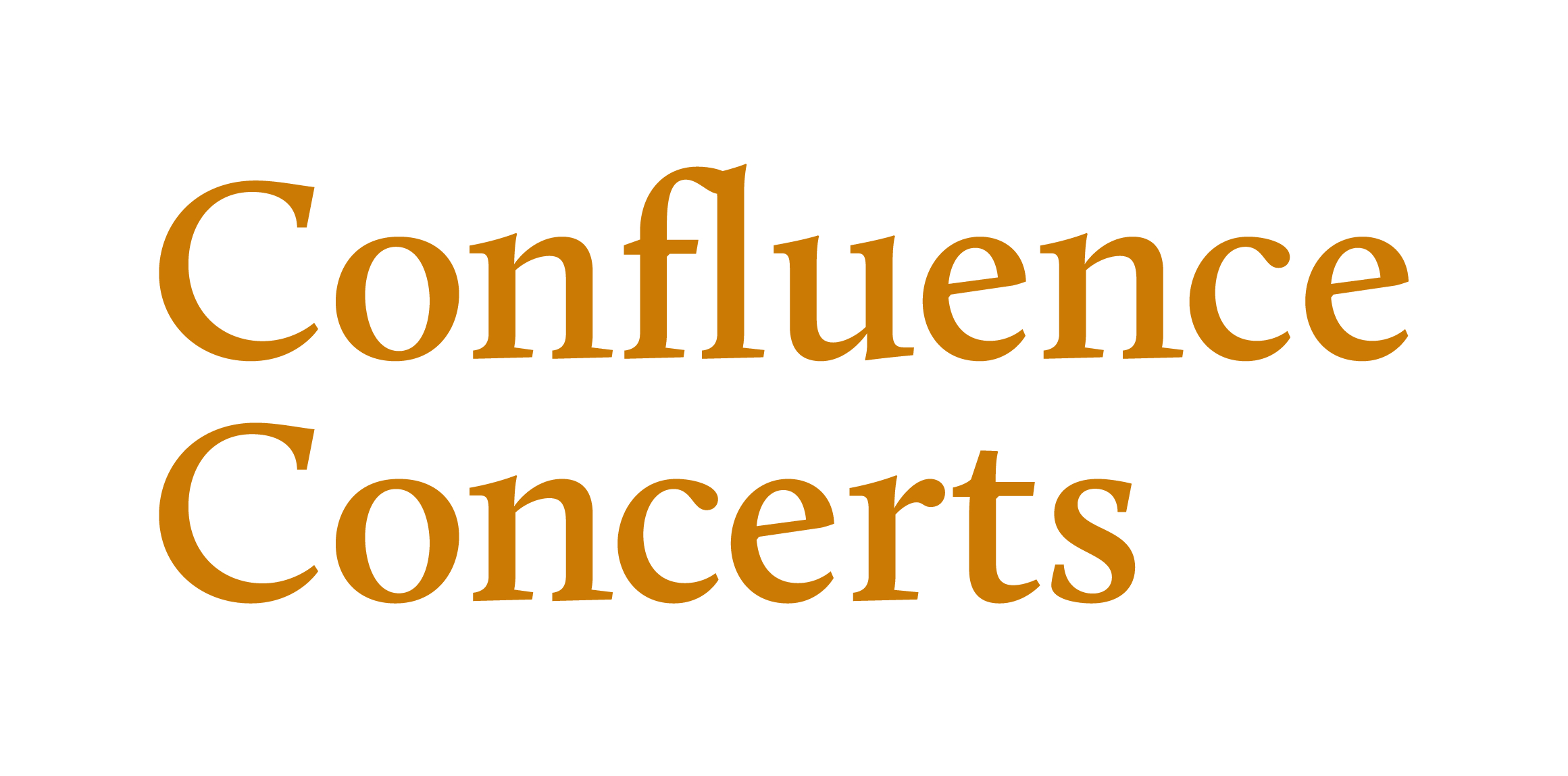 Confluence Concerts: The Mandala
Confluence Concerts: The Mandala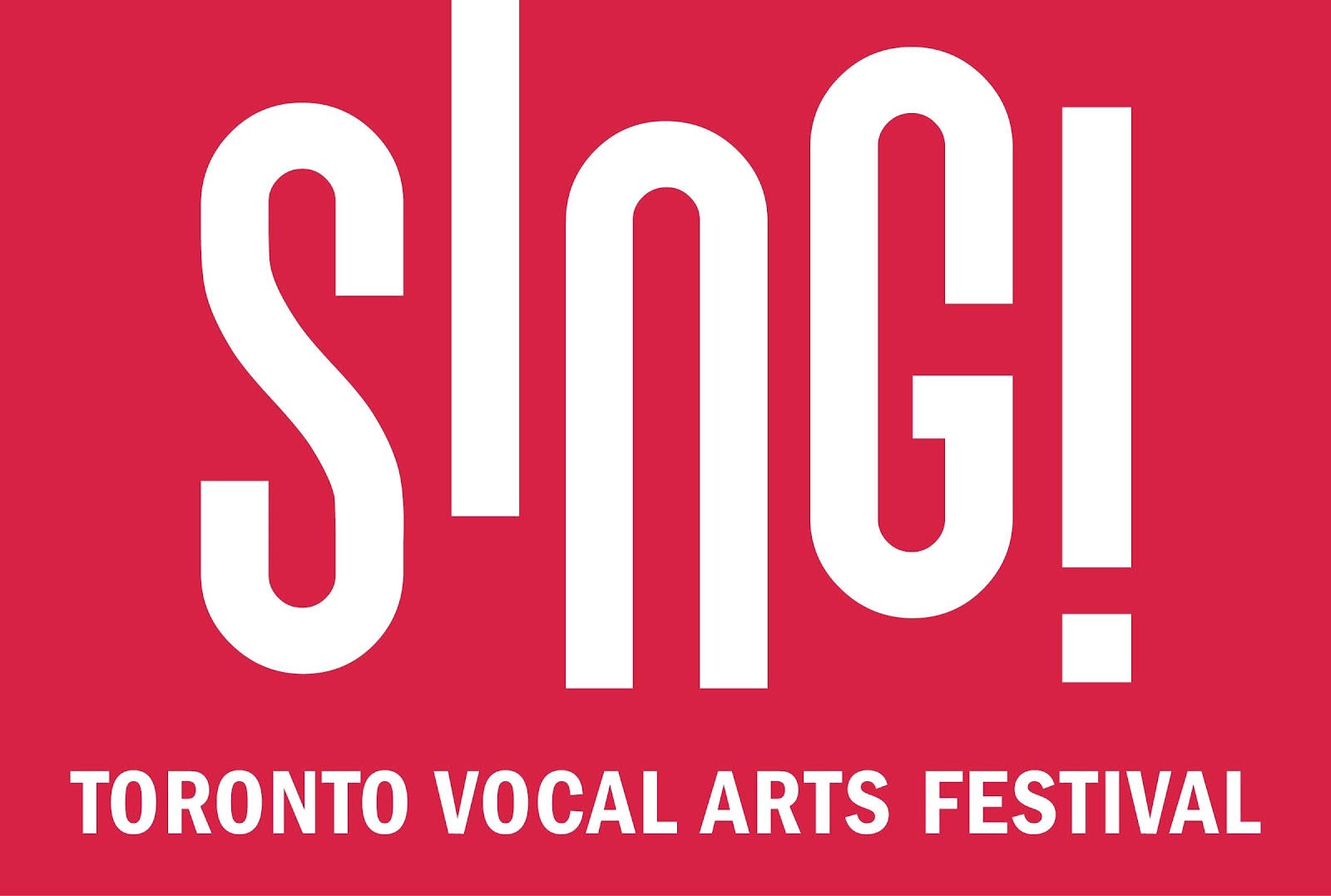 Sing! In Concert – O Canada! We Are The World
Sing! In Concert – O Canada! We Are The World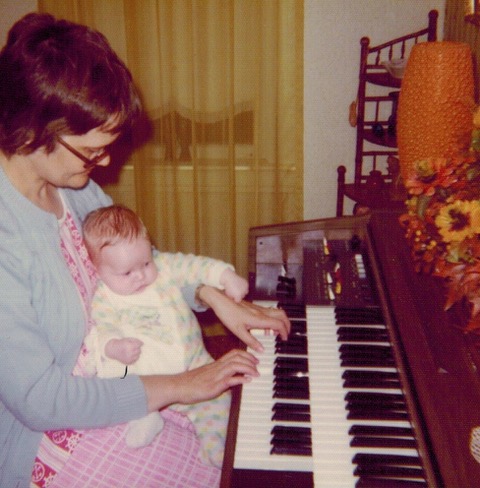 Prince Albert, Saskatchewan, 1976
Prince Albert, Saskatchewan, 1976